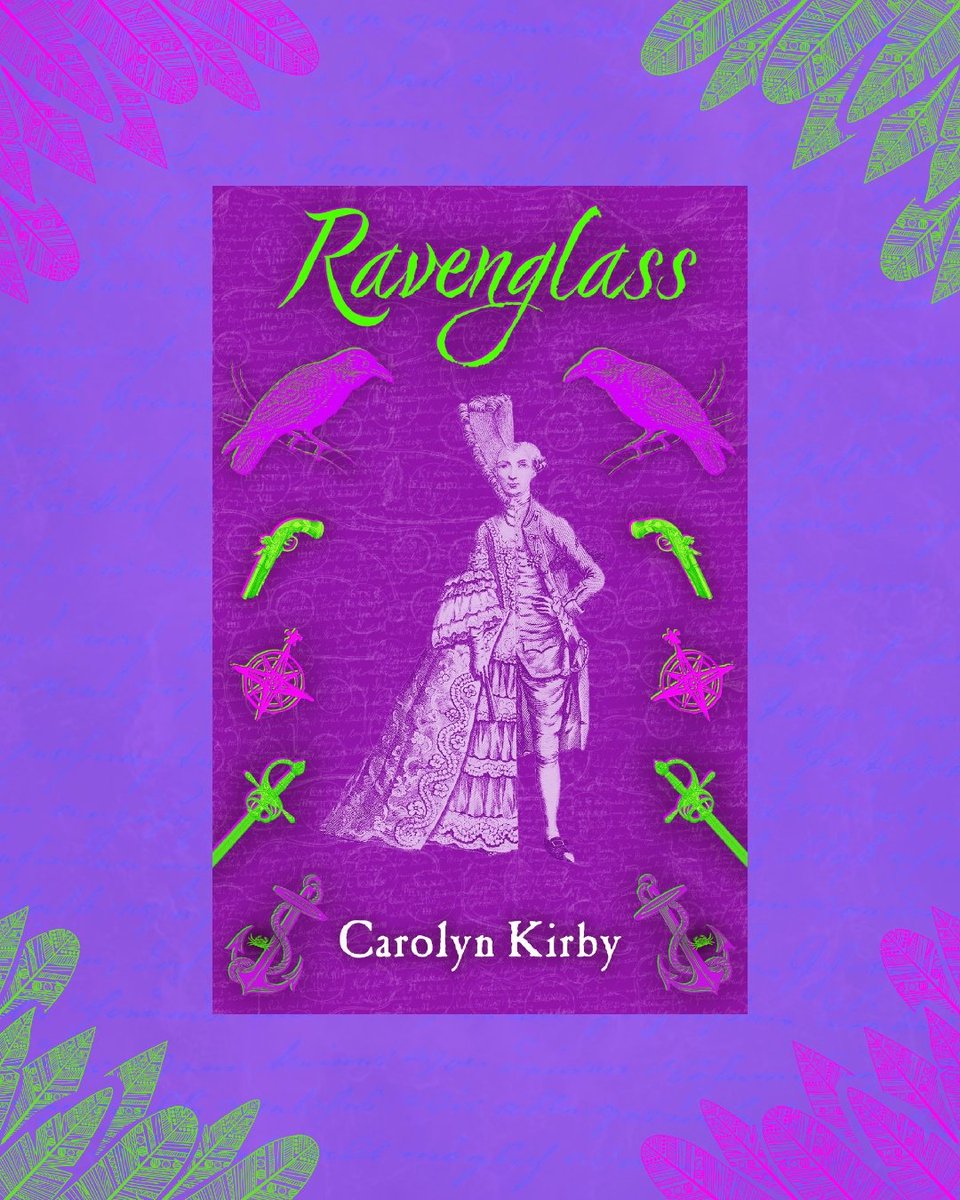Subscribers Only

Mistake #2 – ISBN
The story so far – In January 2024 I decided to self-publish Phosphate Rocks: A Death in Ten Objects after my previous publisher (Sandstone Press) went into liquidation.
Adventures in Self-Publishing – Mistake #2 – To ISBN or not to ISBN?
When do I need an International Standard Book Number (ISBN)?
If you self-publish, you become the publisher. By definition. You can use your own name, delegate to a third party or create an imprint. Great advice from ALLi here
I chose to create an imprint.
My husband came up with the name. Kid-ethic provided the cheeky log.

SNICKERED MOLE
A prize to whoever unravels the anagram first.
At first I assumed that I could reuse the ISBN (International Standard Book Number) for Phosphate Rocks.
It’s just a reprint of the same book, I reasoned. Surely the same identifying number applies? That way I can retain all my lovely reviews.
Think again.
An ISBN is unique to one particular edition of one particular book in one particular format (ebook or paperback or hardback or audio). It also identifies where a retailer should go to order copies.
The ISBN is specific to the publisher. If you change the publisher (from Sandstone Press to me as Snickered Mole) you have to change the identifying number. An obsolete ISBN is no use. Any order made via that ISBN will be sent to the publisher of record.
The wrong one.
In civilised countries like France and Canada, ISBNs are free. But in the UK an ISBN costs £91 each (or ten for £174). That’s a steep upfront cost. And do you need them at all?
Most print-on-demand and ebook-producing companies will offer to provide the ISBN (or ASIN with Amazon) for free.
So why pay for your own? Why not just tale a free number?
Once again I turned to the Society of Authors for advice.
If you publish with Amazon, Amazon will give that print-on-demand or ebook edition an ASIN (the Amazon equivalent of an ISBN). The work will be listed as in stock and available on Amazon, and the information in the ASIN will also increase the work’s chances of appearing in Amazon’s bestseller rankings. An ASIN-version will not be available to other retailers.
If you plan to publish exclusively on say Amazon, and have no desire to get your books into libraries then you don’t need an ISBN. Amazon will assign you a unique number (ASIN).
Having both a version with an ASIN and one with an ISBN is entirely possible
ASINs are provided only by Amazon. If you ask Amazon also to publish a version with an ISBN, while it will thereby appear on the databases of other retailers, few are likely to want to order stock from Amazon – their main competitor. So generally better to have the ISBN version produced by an entirely different company.
Owning your own ISBN makes you the publisher of record. It allows you to retain control rather than delegating it to the platform you’ve used to distribute: KDP, Kobo, Barnes and Noble, Smashwords, Bookbaby, or anyone else
What I learned?
- You don’t need to buy your own ISBN but it gives you more control if you do. See ALLi advice for guidance below.
- You certainly don’t need to buy barcodes, most self-publishing platforms will generate a barcode for you from the ISBN as will any good cover designer.
- You can transfer reviews to a new version of the same book with a different ISBN
Progress Update to Feb 9 2024
- Drake the fabulous Bookshop (Stockton UK) restocked with print paperbacks
- Phosphate Rocks in print is now available through Drake, Barnes and Noble and wholesaler Ingram Spark (who supply Gardeners in UK and other bookshops worldwide).
- First Ingram Spark Print Order has shipped
- Second of two test translations from English to Italian delivered.
Financial Update
- Self-published sales to date – TWO!!
- Number of full price sales required to offset external cost to date – 404
Back to Previous – Adventures in Self Publishing Mistake #1
Continue to next – Adventures in Self Publishing Mistake #3
















